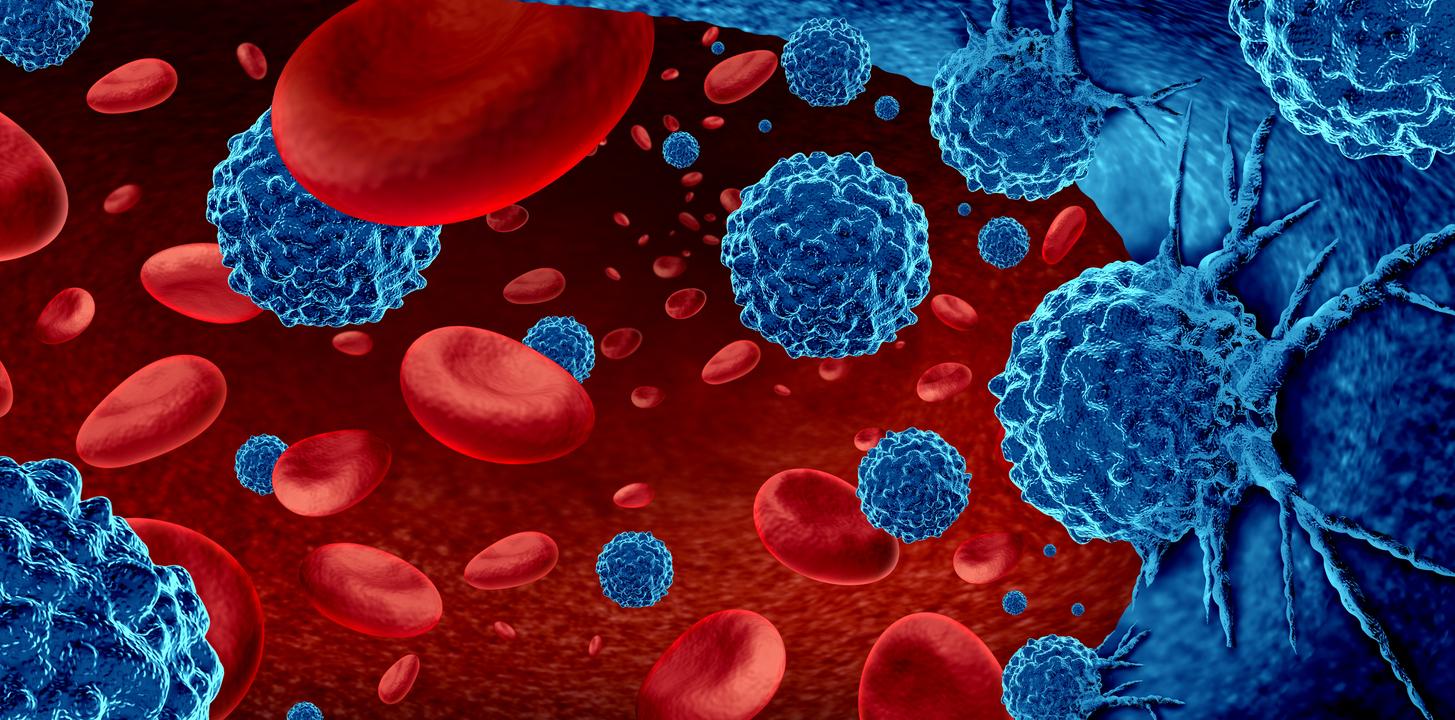Exposure to pesticides, in particular, leads to an increased risk of developing certain cancers among farmers, such as blood, prostate, skin and lip cancers.

- The use of antiparasitics on livestock, the coating of seeds before sowing, the spraying of pesticides in the field and in arboriculture, or even the disinfection of livestock buildings are in question.
- Certain activities increase the risk of developing brain and central nervous system tumours.
Farmers present different risks from the rest of the population because of a different way of life. Consequently, they are less exposed to certain pathologies and overexposed to others, in particular certain cancers. This is the finding of the latest bulletin from the Agrican cohort, sent on Wednesday November 25 to the 180,000 members, breeders and farmers, of the Mutuelle sociale agricole (MSA) enrolled in this epidemiological study, the largest in the world carried out on more than 10 years. It is based on a dozen scientific articles published concerning more than a million people working in France, operators or employees of farms
The pesticides in question
The first results presented are a trompe l’oeil: farmers respectively have 7% and 5% fewer cancers than the rest of the population among the men and women of the cohort. “Warning: relying on these figures to claim that agricultural activities present no carcinogenic risk is easy but misleading, because it hides the fact that farmers form a population whose habits and living conditions are different from the general population, with some less common risk factors. In particular, farmers have a different diet, they are less sedentary and smoke less than the rest of the population”, warns epidemiologist Pierre Lebailly, researcher at Inserm and initiator and principal investigator of Agrican. The mortality rate is also 25% lower among farmers. A figure which is explained by the fact that cohorts of workers like Agrican bring together by construction populations in a working situation, therefore not suffering from a certain number of ailments.
The other results show a higher risk among farmers of developing certain cancers. Blood, prostate, skin and lip cancers are more prevalent in this population category. Added to this are non-Hodgkin’s lymphomas, myelomas and certain leukaemias. In question: the use of pest control on livestock, the coating of seeds before sowing, the spraying of pesticides in the field and in arboriculture, or even the disinfection of livestock buildings. The application of pesticides in the field or on fruit trees, the use of pest control products on cattle and pigs are also associated with an increased risk of prostate cancer. “Arborists carrying out pesticide treatments or harvesting on more than 25 hectares have a double risk”the researchers wrote.
Certain activities increase the risk of brain tumors
Although brain and central nervous system tumors are not over-represented among farmers, some of their activities are associated with an increased risk, in particular the use of pesticides. “The analyzes have shown an association between tumors of the central nervous system and work in contact with pigs or certain crops, such as sunflower, beets and potatoes for meningiomas, and grasslands for gliomas.the researchers observed. They also showed that pesticide users had on average twice the risk of developing a tumor of the central nervous system than the other participants in the cohort.”
.

















